Athletes in Transition Project: Erik Guay (second part)
This is the second part of the interview with Erik Guay, and is part of the series titled Athletes in Transition Project (ATP). These columns result from informal discussions with some of our star athletes from the Laurentians: Magali Tisseyre, Xavier Desharnais, Ariane Lavigne and Erik Guay. The second part of our meeting with Xavier Desharnais will appear in the spring and will conclude this series.
Find the origins of this series at tremblantexpress.com/author/jmaunders
John Maunders: What were the worst things…things you really do not miss?
Erik Guay: Injuries. Not just my own injuries, but seeing others injured took its toll, too. The more you see and experience, the more you know what a setback it is: all the time and work it will take to come back, beyond the actual pain and uncertainty involved.
I once saw an on-hill collision up close, where the team doctor was there within 20 seconds, but the skier died. I’ll never forget that.
On my last race (the downhill at Lake Louise), before my start, Canadian Broderick Thompson broke his leg, then Manny Osborn-Paradis broke his leg really badly, ending his season. The way I felt made it pretty clear that it was time to retire.
I know that I said “travel” was among the best things, but over time it became less exciting because I had gotten to know most of the venues…and I had a growing family to miss more and more.
J.M.: What was your training and travel schedule like on the World Cup?
E.G.: I would leave home around October 20th for European pre-season events and training. The official World Cup schedule went from November to late March, with preparation and racing in a different site essentially every week. Then there were usually three summer ski camps…before it all started again.
J.M.: You have a wife and four daughters. How did marriage and building a family fit in?
E.G.: My wife Karen, whom I met in Lake Louise early in my career, made it possible. She is resilient and resourceful. She basically took care of the family on her own for nine months of the year.
The life of an athlete is selfish, for several reasons. I was diligent and organized in my approach to skiing. Karen was diligent and organized with the family.
It worked pretty well. The hardest time was when I would come back after the season, and everyone would have to get used to Daddy being around again!
Really, the reason I had success was because of my wife, because she was able to manage the family without my having to sacrifice my training.
J.M.: What did racing at the highest level teach you?
E.G.: Hard work pays off, especially if you are open to listening and learning. I want to carry that into our business. I don’t mind getting out there and shovelling.
Also: team dynamics are important, especially in close working conditions. Our business is teaching me more about that…to have a finger on the pulse of the company to recognize and rectify tense situations.
J.M.: I remember when you were helping us out with the Epsilon track club, doing the workshop with Francois Belle-Isle. You were really listening and absorbing… two ears and only one mouth!
(Big smile)
E.G.: I think I appreciate health in the broader sense, too. Health is much, much more important than wealth. I really admire the men and women who are skiing and chopping wood and cycling in their 70s and 80s….
J.M.: We have a lot of them in the region, including my friends and patients!
E.G.: Exactly. I hope to be like that. Staying active, keeping balance.
Even in a sport like alpine ski racing, where being focused and disciplined is very important, we should not underestimate the importance of simply enjoying the snow. Free skiing in fresh powder is part of it! In BC, where they tend to allow more time for free skiing, the racers might develop more slowly but they often reach higher peaks in their careers than racers from other provinces.
J.M.: What was important to you during the years of competition?
E.G.: Winning, especially by keeping a mindset on making small improvements every day.
J.M.: Now what is most important… and most exciting?
E.G.: It is important that the business is successful. That is, if clients are happy and the work is of high quality, on time, despite all the variables such as weather and workforce availability. And being flexible, able to pivot and adjust to last-minute changes, is actually kind of exciting. Hopefully I am getting better at that.
J.M.: Has the way others see you, or the way you see yourself, changed?
E.G.: I don’t know.
I hope they saw me, and see me now, as a professional. I am proud of retiring without controversy or black marks on my resumé… an example to my kids and others that work is important.
J.M.: In this interview series with two women and two men, from different sports, at different stages of family-building, and embarking on different careers, you all seem to be role models for whom “giving back” is important.
E.G.: I think giving back is extremely important. One of the first things I did when I retired was join the board of the Mont Tremblant ski club… I coached that year for free. I’ve joined quite a few boards since then: Alpine Canada, FIS, recently the Laurentian Division ski team, and I got into coaching right after that. That’s where I felt like I could make a really tangible difference, and where the need was the greatest.
J.M.: What do you think of that?
E.G.: We put so much time and effort into a sport. It would be a shame not to pass on what we have learned.
More from this author by clicking on his photo below.
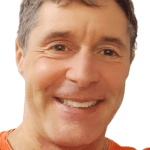
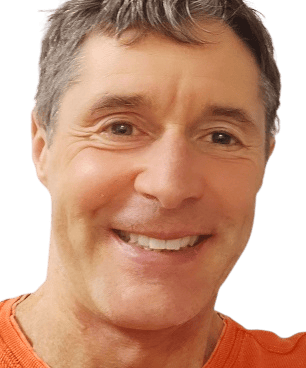
John Maunders14 Posts
Le Dr. John Maunders a exercé 25 années en médecine familiale, dont 20 en urgence et soins intensifs. Il porte un intérêt naturel pour l’activité physique de toutes sortes en tant que participant, entraîneur et médecin. Dr. John Maunders has spent 25 years in family medicine including 20 years in emergency and intensive care. Natural interest in physical activity of all sorts and seasons, as participant, coach, or physician.
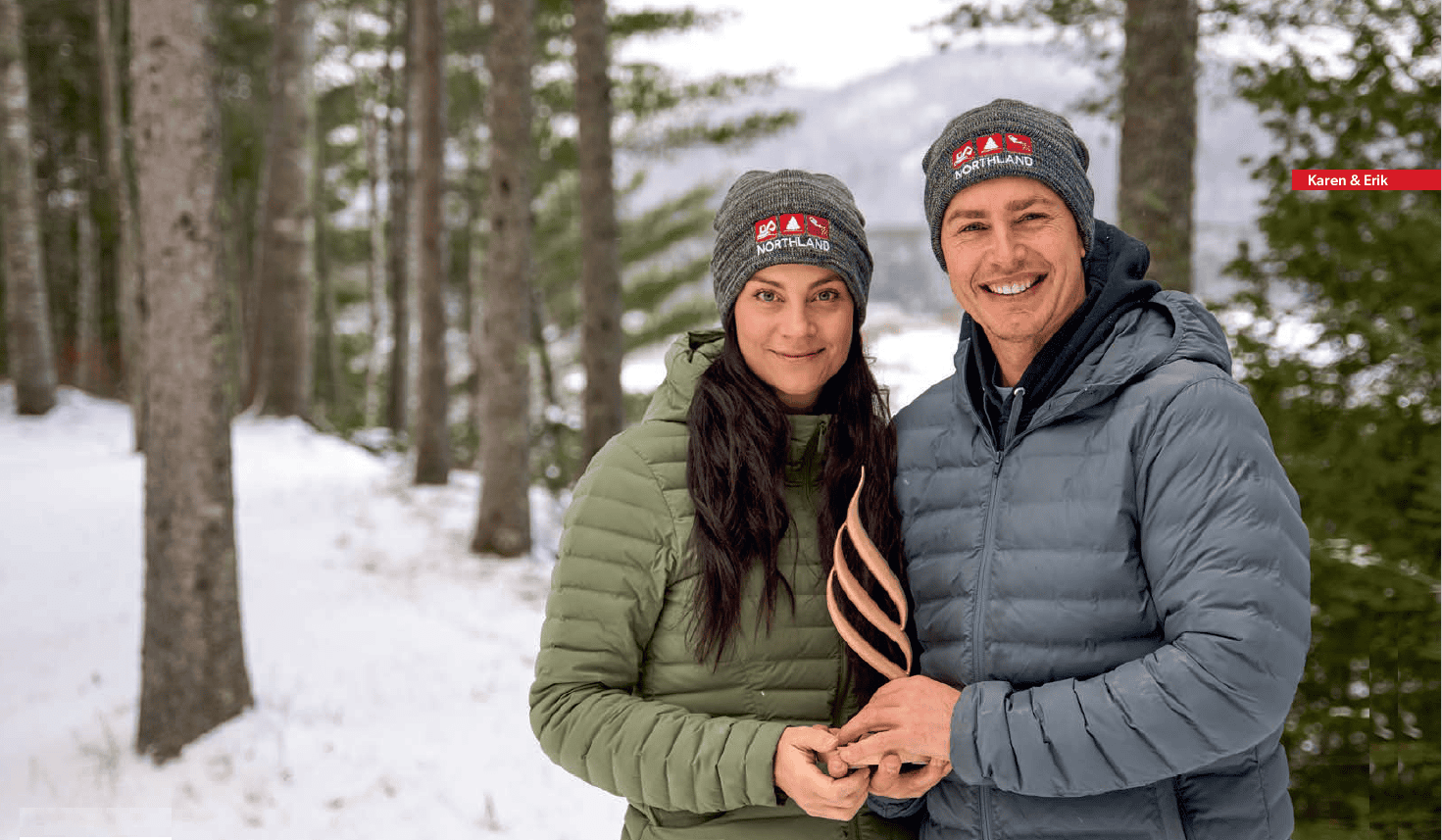
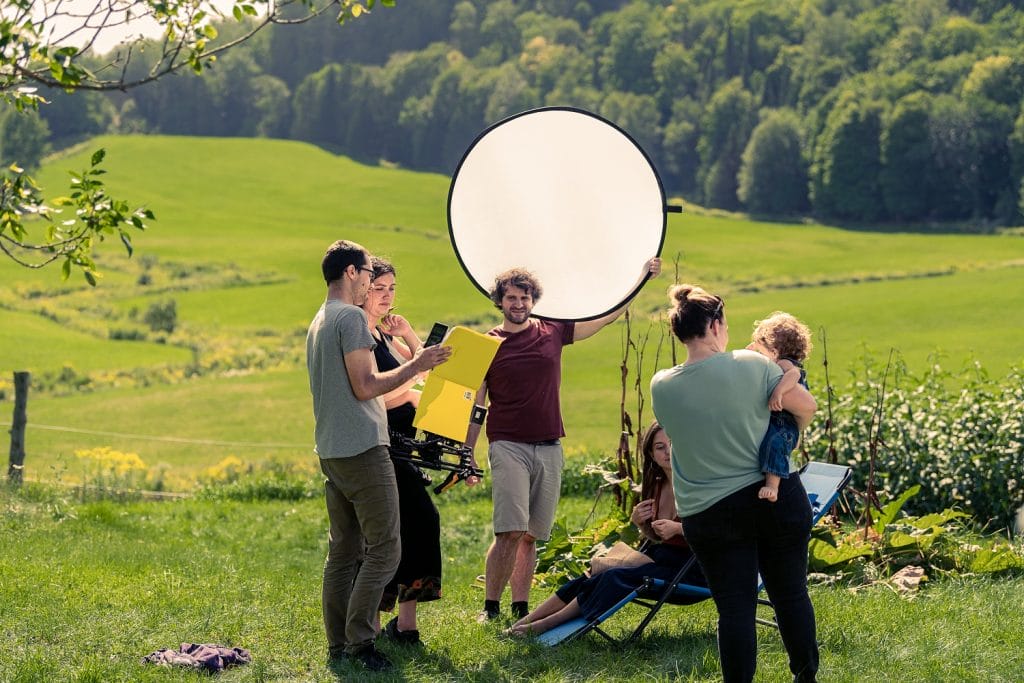

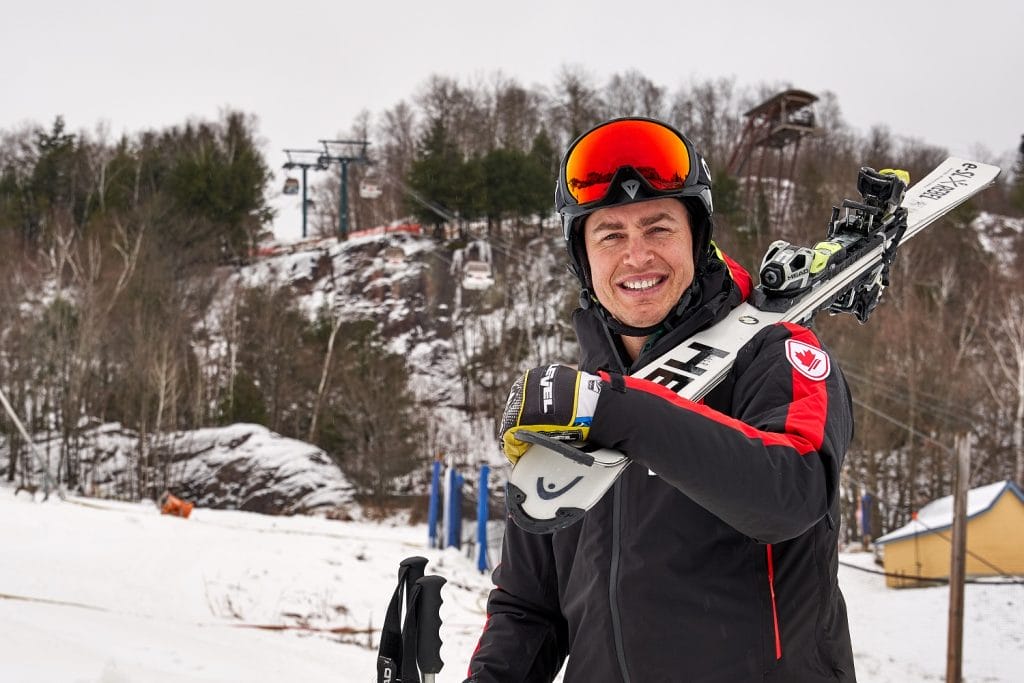
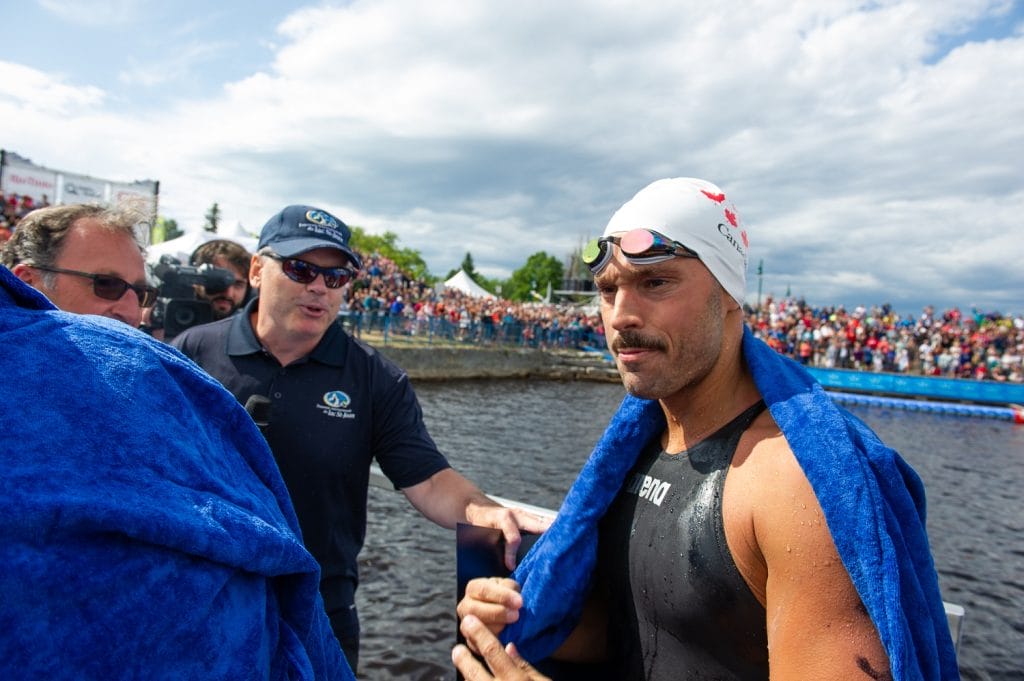
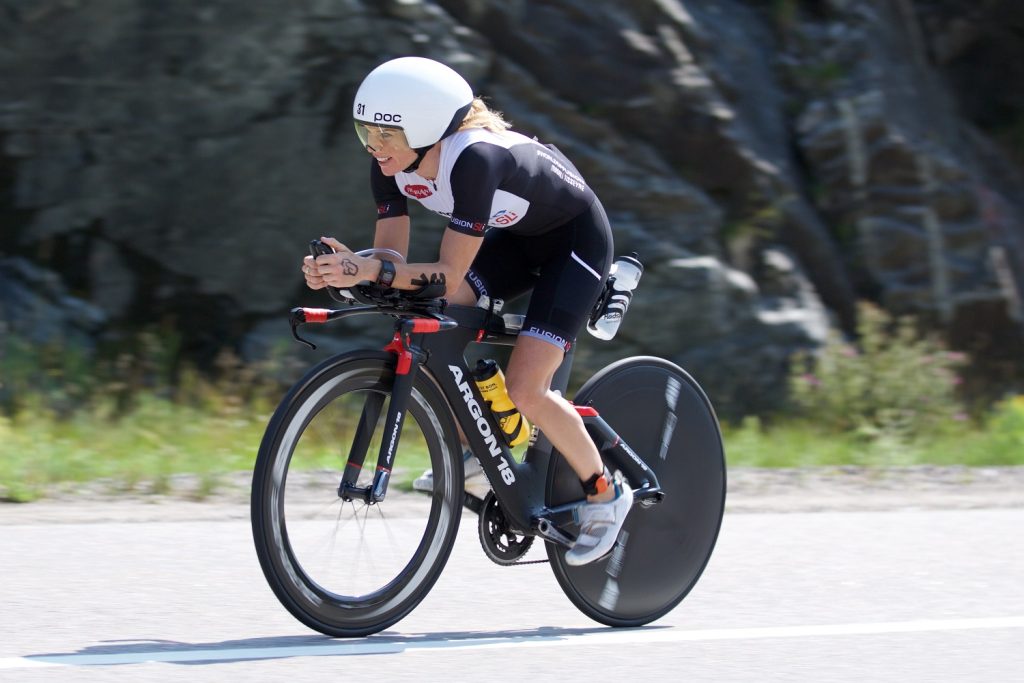
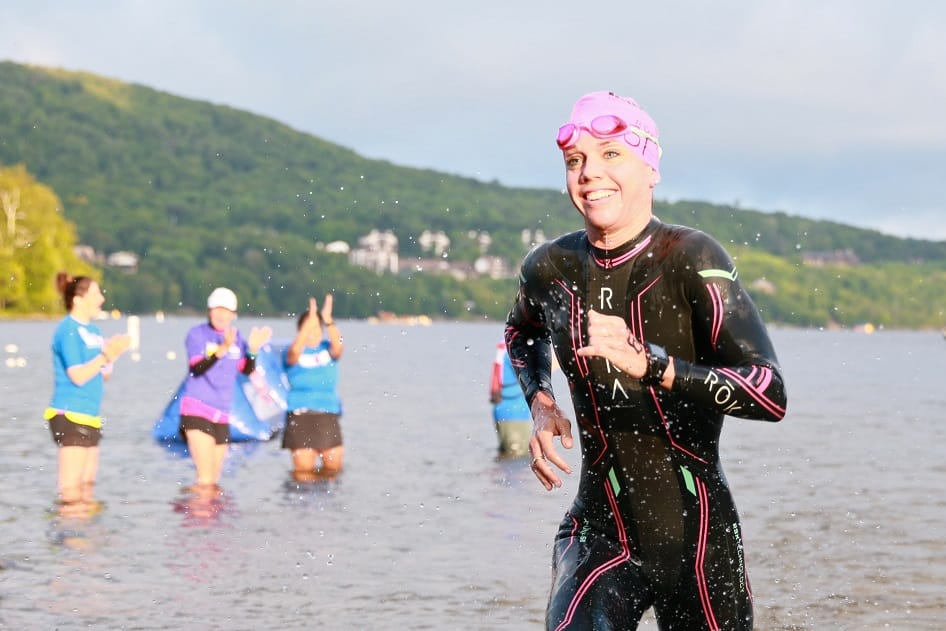
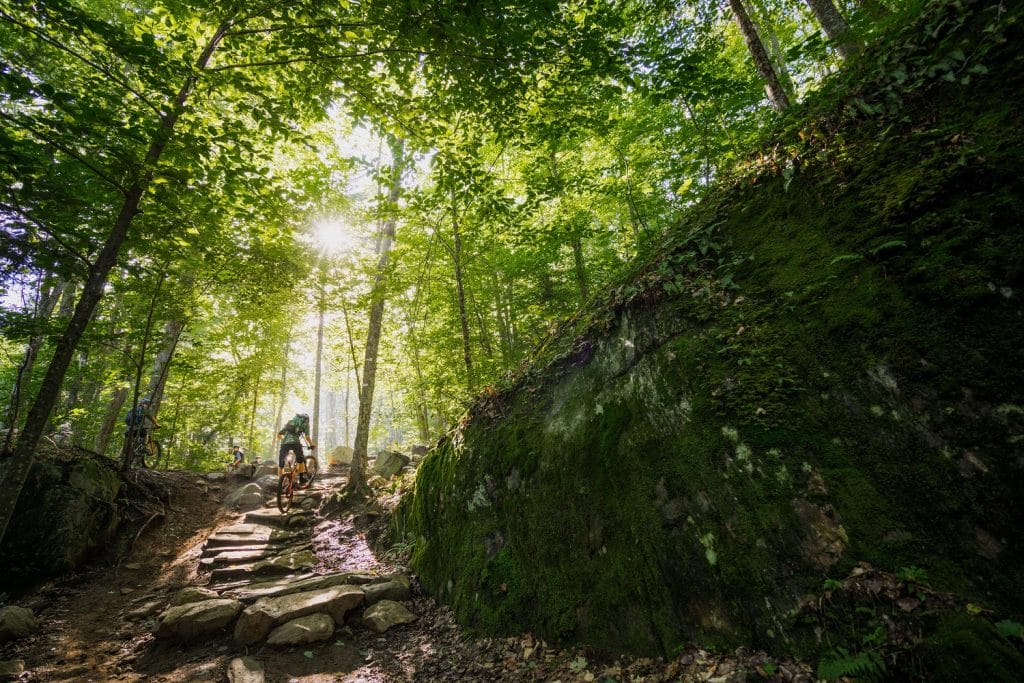
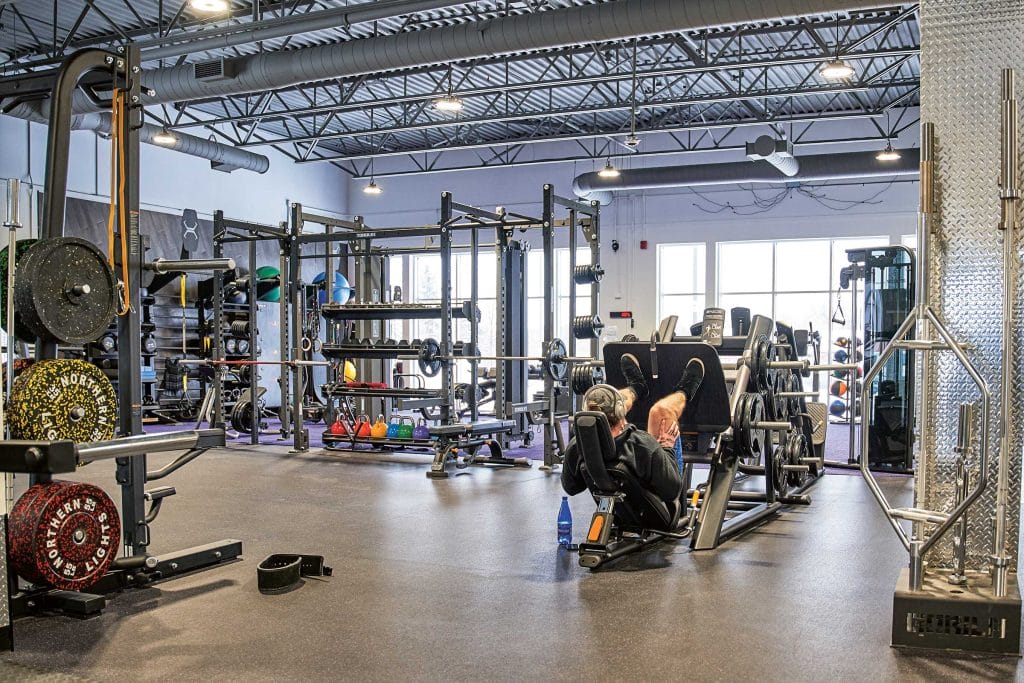
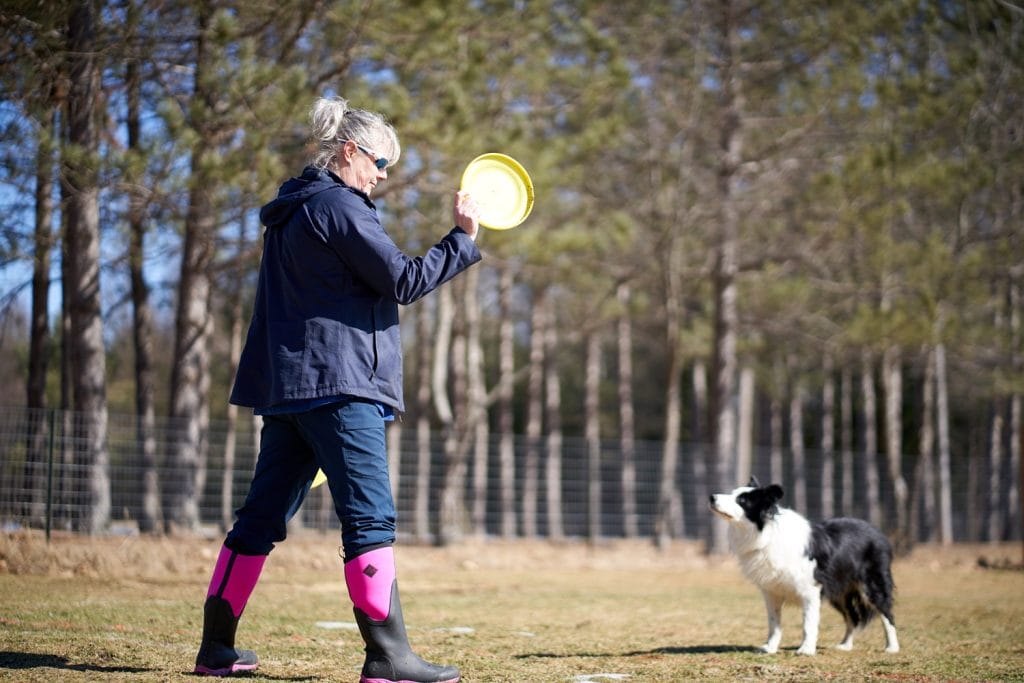
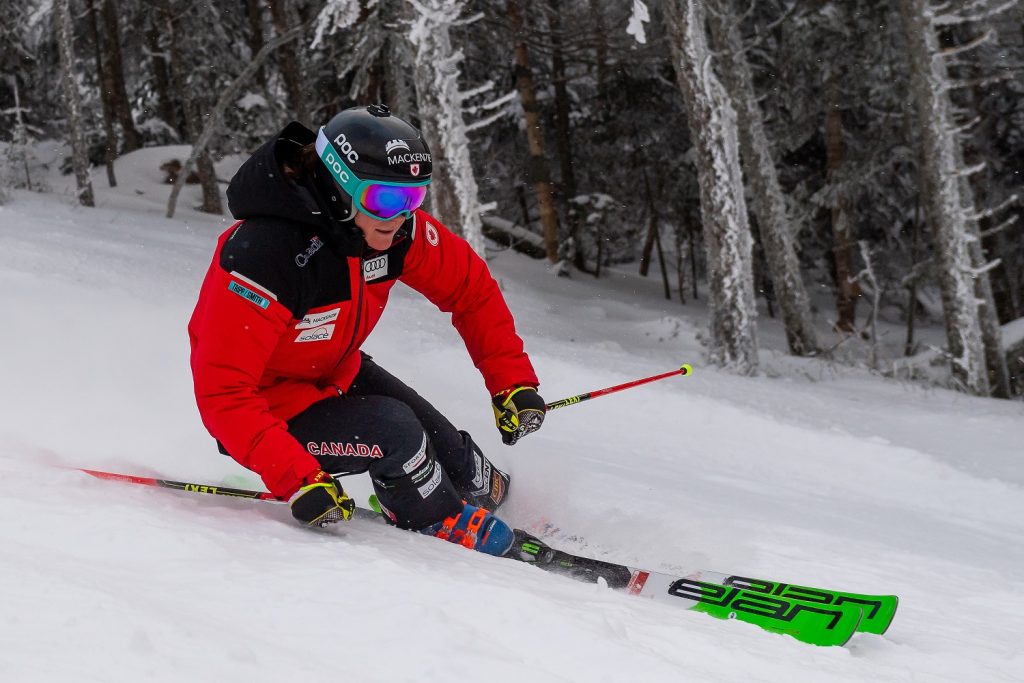
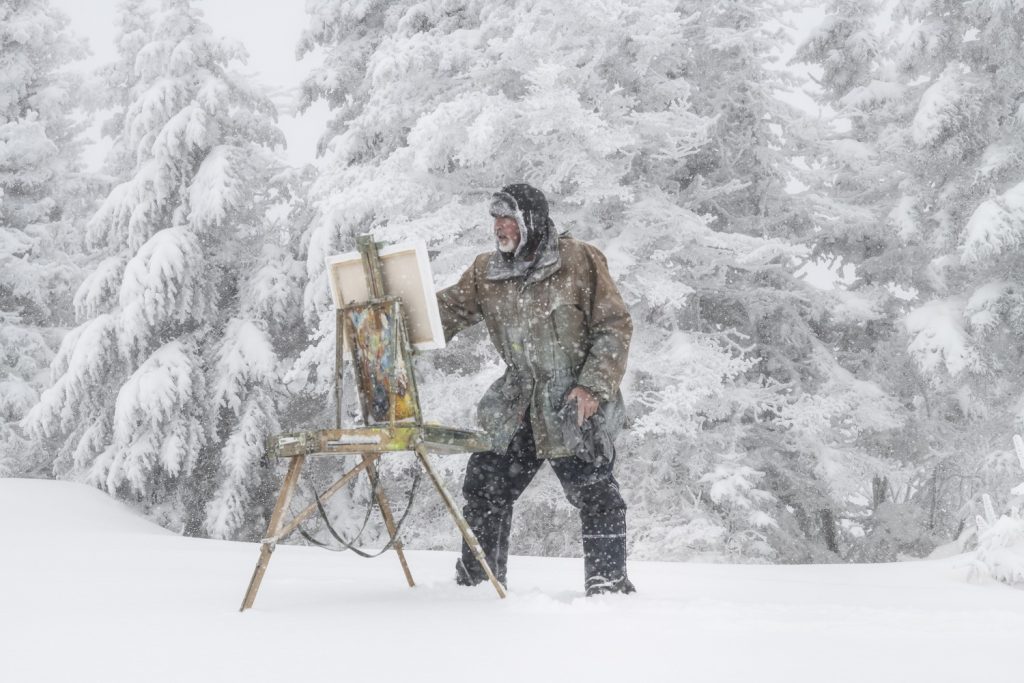
0 Comments